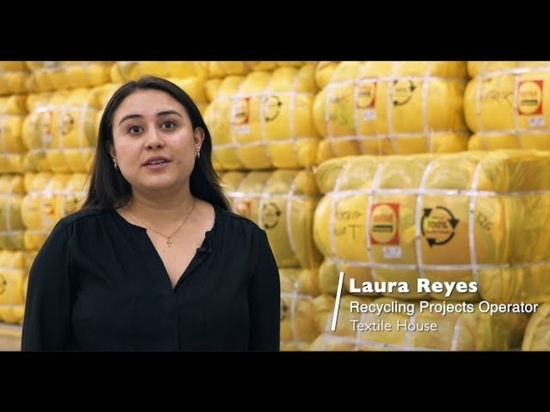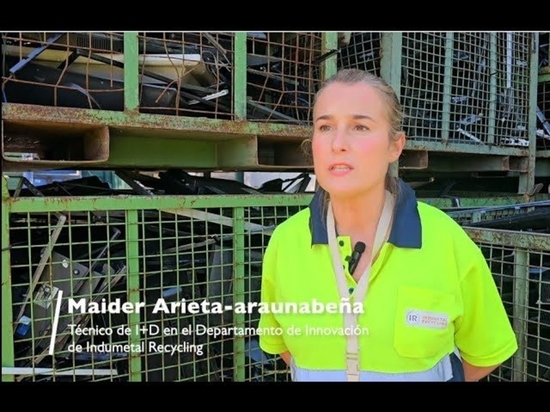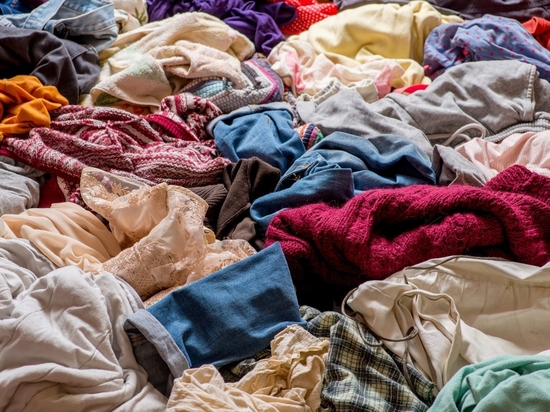
#Industry News
Waste on beaches: A failure of civic responsibility and recycling management
Waste on beaches: A failure of civic responsibility and recycling management
Waste on beaches: A failure of civic responsibility and recycling management
Spain holds a remarkable record of 30 years with beaches awarded the Blue Flag, a distinction from theEuropean Environmental Education Foundation (EEF). As of 2024, Spain boasts 638 beaches flying these flags, an increase of 11 from the previous year, securing its position as the global leader in environmental excellence. In Europe, Spain is followed by Greece (625 beaches), Turkey (567), Italy (485), France (398), Portugal (398), Denmark (142), Croatia (68), the Netherlands (57), and Germany (35).
To qualify for the Blue Flag, a beach must meet and maintain a strict set of environmental, educational, safety, and accessibility criteria. These include compliance with environmental legislation, specifically the Coastal Act. Additionally, the beach must be clean and have effective waste management practices, including selective collection of packaging, paper, glass, and other materials.
Beware, garbage is nomadic! It can travel through rivers and oceans, ultimately ending up on beaches. This waste damages physical habitats, carries chemical pollutants, and poses a threat to aquatic life. The impact of human activities on coastal and marine ecosystems is so significant that it prompted the establishment of World Clean Up Day, celebrated every third Saturday of September. This global initiative encourages citizens to participate in coastal clean-up efforts.
It is alarming to discover that, according to a study by Libera published last March, 96% of people living in Spain say they have found rubbish on our beaches. The problem is not insignificant, even though half of those surveyed claim to pick up other people’s rubbish when they find it. Fortunately, awareness of the negative impact of human activity on nature is growing. However, negative habits still persist, especially littering beaches and mountains with cigarette butts and plastic.
Use an ashtray!
Did you know that one cigarette butt can pollute up to 50 liters of fresh water? Very few people are aware of this fact. BThose of us who enjoy beaches often find cigarette butts as a common type of litter in these natural spaces, though they are not the only ones. According to the waste barometer published this June as part of the Libera project – an initiative launched in 2017 by the environmental organization SEO/BirdLife and Ecoembes – the most common types of waste on beaches and in seas, in addition to cigarette butts (which are made of plastic), include caps and closures, plastic pieces larger than 2.5 centimeters, bags, and wrappers.
Libera’s report also highlights the presence of other types of waste, such as tires (found by 10% of respondents), furniture (5%), or appliances (4.5%). Less frequently, wood, metals, glass, rubber, fabrics, and paper are also abandoned on beaches and seabeds, along with single-use plastics and fishing gear.
In light of this data, it is unsurprising that people interviewed express concerns about the state of beaches: 22% describe them as fairly dirty, while 6.6% consider them very dirty. Interestingly, 17% of the population admits to having littered on a beach, with nearly 7% confessing to doing so in the sea. Unfortunately, half of those surveyed believe that beaches and oceans will be the most degraded environments in five years.
Why do leave litter on beaches?
The Libera project also investigates the reasons behind this behavior. The most common factors contributing to such irresponsible actions include:
Lack of concern: 63.2% of respondents admit they are not concerned about the environmental impact of littering.
Laziness: 54.6% say they are too lazy to dispose of their garbage properly.
Convenience: 53.2% find it easier to leave their trash behind than to seek out a trash bin.
Garbage around: 27.6% believe that if there is already litter on the ground, adding more won’t make a difference, thus contributing to litter accumulation.
Ignorance: 20.4% are unaware of the environmental harm caused by leaving waste in nature.
Clearly, there is a need to raise awareness among beach and sea users, starting with education from childhood on environmental protection. These efforts must be global in scale, as tourism largely contributes to the litter found on beaches. It is evident that the time has come to inform, educate, and promote a more sustainable tourism model.
Preventing waste from reaching beaches is a priority. First and foremost, we must all contribute to increasing the number of Blue Flag beaches worldwide. On one hand, it is the responsibility of citizens to integrate recycling into daily family routines, starting from childhood, thereby fostering environmental education and a recycling culture, which are crucial in our society. On the other hand, organizations and public entities should consider the technology available on the market for waste separation and recycling, such as the equipment we manufacture and market at PICVISA.
We design, develop, and manufacture sorting and classification equipment for recyclable materials. Based on robotics, artificial intelligence, and computer vision, our equipment is capable of selecting and classifying these materials by composition, shape, and/or color using our proprietary software, ensuring proper recycling and minimizing environmental impact. This promotes the development of the circular economy and, of course, helps maintain the natural beauty that we all enjoy, especially during the summer, of our beaches and sea.





